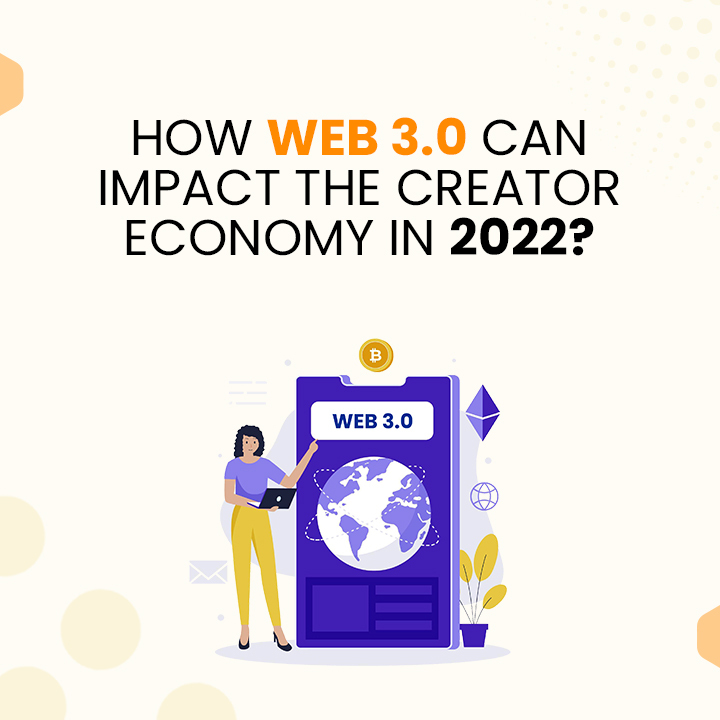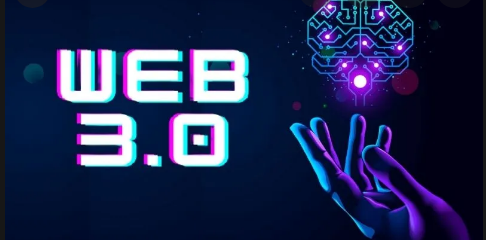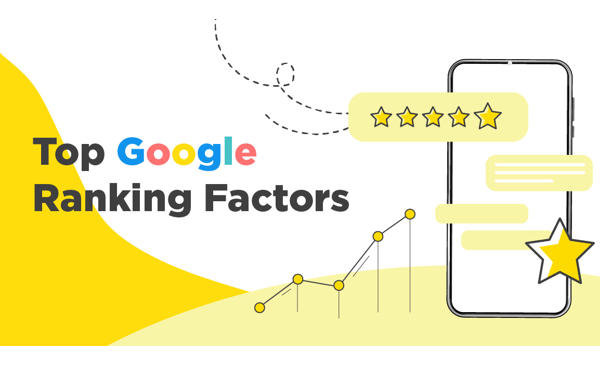
Metaverse is a revolutionary way to communicate with people in virtual worlds. The internet plans to upgrade itself and is called Web 3.0.
The internet’s first era was based on static websites and limited data distribution.
Web 2.0, which focused more on responsive web design and app layouts to make content easier for users, was introduced.
Web 3.0 is now the preferred version. Giants like Google and Ethereum have adopted it. It will soon be available for everyone around the globe with ease of use.
What is Web 3.0, and how will it affect the creator economy?
You probably wonder what Web 3.0 is and how it will impact the creator economy. Let me take you through the history of the internet and the contributions of its creator. You will also learn how the Web 3.0 version will benefit them to boost the economy.
What version of Web 3.0?
The existence of the internet is commonly known as 1983. However, the first version (W3C) of the World Wide Web (Web 1.0) was created by Tim Berners Lee in 1989. Web 1 is also known as the Read-Only web age. Dale Dougherty also coined Web 2.0 in 2004. This is also known to be Read/ WRITE Web. In 2006, Web 3.0 was created and is known as the Semantic Web.
Web 3.0, like previous versions of W3C that took many years to reach the public, is taking time for people to adopt.
The Semantic Web, or the internet version Web 3.0, will use Machine Learning, Blockchain Technology, Artificial Intelligence (AI), and other advanced techniques. This internet revolution’s primary purpose is to offer users the most accurate and fast data and improve their internet browsing experience. The content creators will also have full authority.
Web 3 will offer more customized and improved search engine results and application functionality.
Your search for “flights from New York City to Spain.” In this case, you will get information such as the weather forecast, the best time to visit Spain, hotels to stay and the shortest route. You can plan a better trip by asking one question.
7 Impacts of Web 3.0 on the Creator Economy
1) Content Ownership
The Web 3 version will function similarly to the dark internet, but data ownership will remain in the hands of the creators. The semantic web will not have a central supervisory system due to the use of the blockchain mechanism and the decentralization of the curated content. Creators have the freedom to share and sell their content however they choose.
2) Flexible Monetization Option
Revenue is a key factor in the growth of an industry’s economic condition. Web 3.0 allows the creator to create their platform and decide whether or not to monetize it. Contrary to Web 2.0, you have limited options for monetizing your content via third-party sites such as YouTube, AdSense, and Social Media.
3) Contracts & Royalties
Today, artists and video creators can join Apple, Tiktok, or Microsoft Store to share their creativity. They receive very little in return as significant shares are kept by the middle man. To make extra money, some creators stream online slots. Once they have become familiar with Web 3, original creators can contact buyers to receive the entire amount as royalty income.
4) No Charges for Physical Storage
Web 3 stores a copy of user data or content on multiple cloud storage areas. Users would have access to their content from anywhere, anytime. There would be no chance for users to lose their data, so they could save money by purchasing expensive storage devices like SSD or HDD.
5) No Account Suspension
The third-party platform where creators upload their content has the full authority to suspend or ban users without prior notification in the event of suspicious activity. Web 3.0 allows users to manipulate their content without fear of account suspension freely.
6) Decentralized control
Web 2.0 allows individuals to express their creativity, but corporations can no longer control end-users data. Web 3.0 will have a decentralized nature, similar to cryptocurrency. This will allow the original creators complete control over data.
7) Too Far for Hackers
Cybercriminals have easy access to Web 2.0, but Web 3.0 uses encryption to protect your data. Because cybercriminals or online hackers cannot crack blockchain technology, it is impossible to access your data without your consent.
Conclusion
W3C Web 3.0 is more secure because it uses blockchain technology. This will be a revolutionary change for the original content creator, who is the only person authorized to share or keep the data. Cryptocurrency will be the gateway to Web 3.0, allowing transactions to be made over the internet. There won’t be a governing body that monitors your earnings from transactions made via crypto wallets. There won’t be any governing body to monitor your earnings for transactions made via crypto wallets. SoftCircles, LLC is a web development company in Milwaukee efficiently working for Web 3.0.



